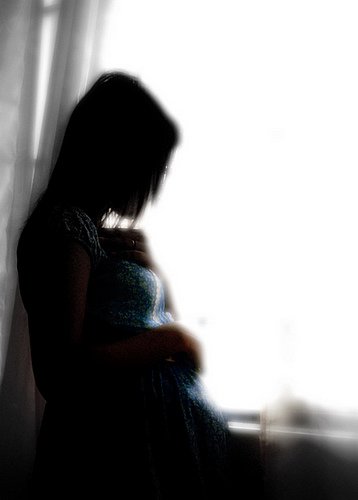Pregnancy Depression
Depression in Pregnancy
Many women suffer from fear, stress and depression during pregnancy. Studies have reported that around 14-23% women show symptoms related to depression during pregnancy

Depression is a type of mood disorder. Almost 25% women experience it once in a lifetime so it’s not surprising that it occurs in pregnant women. However, most of the time it is ignored or not diagnosed properly.
Rapid hormonal changes actually disturb the brain chemistry which leads to depression or mood disorders. The sex hormone activity during pregnancy stimulates the hypothalamic-pituitary-adrenal axis which is related to depression.
Untreated depression can have harmful effects on both the mother and the baby. Research has also revealed that cortisol level during the depression may affect fetal development and be associated with changed temperament and behavior in the child.
Symptoms:
The following in pregnant women is indicative of depression:
- Persistent sadness
- Difficulty concentrating
- Sleeping too little or too much
- Loss of interest in activities that you usually enjoy
- Recurring thoughts of death, suicide, or hopelessness
- Feelings of guilt or worthlessness
- Change in eating habits
- Panic attack with racing heart, lightheadedness or faintness, sweaty palms, breathlessness.
- Excessive caring nature
- Fatigue
- Failure to manage daily activity.
Obstericians may advise against and stop antidepressant therapy due to the fear of potential harm to the fetus. However, the decision to use antidepressants during pregnancy the health of the mother, the health of the unborn child, and the well-being of the family, including the other children.
Research shows that many antidepressants, especially the selective serotonin reuptake inhibitors (SSRIs) and older medications, are generally safe.
